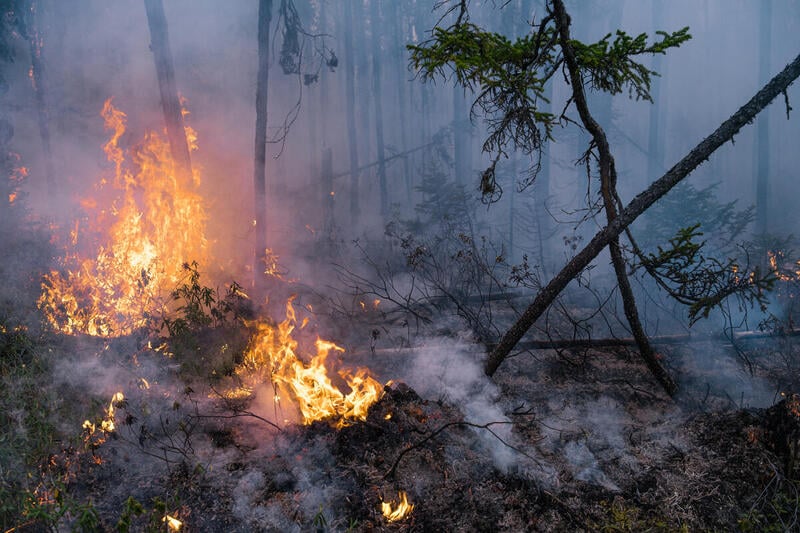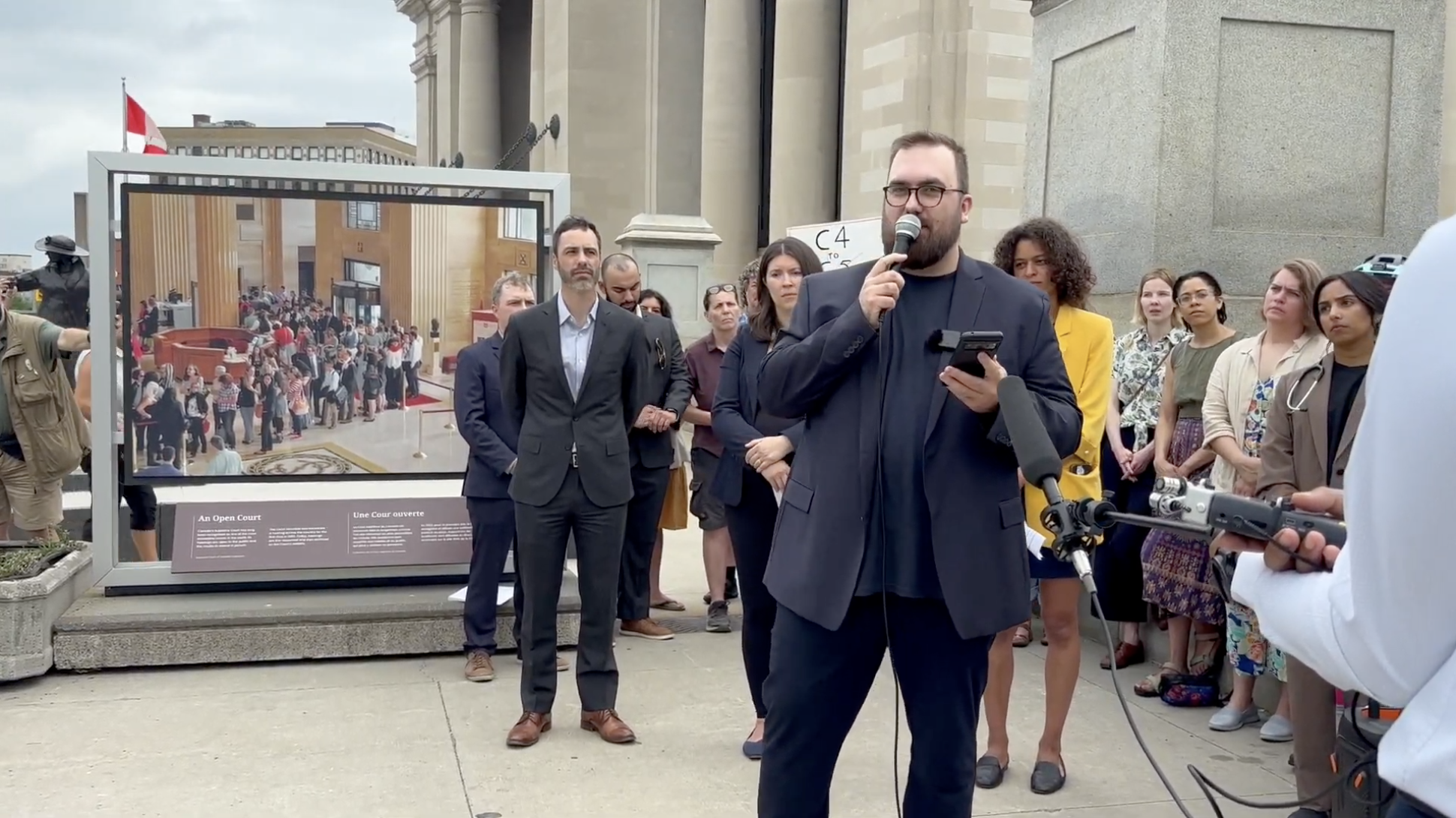
Aerial shots of the Syncrude mine in the Canadian tar sands.
31 January 2019 (TORONTO) — In response to today’s ruling by the Supreme Court of Canada that bankrupt energy companies cannot abandon their environmental clean-up responsibilities, Nader Hasan, counsel representing Greenpeace Canada as an Intervenor in the case said:
“Today’s decision is a victory for the ‘polluter pays’ principle. As the Chief Justice poignantly explained, bankruptcy is not a licence to disregard the rules.”
Greenpeace Canada’s Keith Stewart, Senior Energy Strategist added:
“Today’s decision reaffirms that oil companies cannot simply abandon their environmental liabilities. In a world tackling climate change and transitioning away from fossil fuels, oil companies’ environmental liabilities are only going to grow, which is why it is vital that the polluter pays principle remains a core element of our legal framework.”
Background on the case: Orphan Well Association, et al. v. Grant Thornton Limited, et al.
Greenpeace Canada was granted Intervenor status in this case last year. Our submission argued that when it comes to the oil and gas industry, the environment is an involuntary creditor. It bears all of the risk but enjoys none of the benefits. And unlike debtors who eventually emerge from bankruptcy, the environment never gets a “fresh start”.
We argued that bankruptcy law should not be interpreted in a way that voids the “polluter pays” principle and leaves taxpayers and the environment holding the bag for clean-up costs. It is vital that Canada establish the right balance between federal bankruptcy and provincial environmental law as we transition to a low-carbon world, because fossil fuel companies that refuse to adapt will be at increased risk of bankruptcy as the world stops buying what they are selling.
In its decision, the majority of the Supreme Court accepted the argument that Greenpeace and other interveners put forward that not all environmental regulations enforced by a regulator are claims provable in bankruptcy. The decision thus effectively overrules the Court’s earlier precedent (Newfoundland and Labrador v. AbitibiBowater Inc.), which had allowed bankrupt parties to avoid environmental liability.
-30-
Contact:
Nader Hasan, Counsel representing Greenpeace Canada in the case, Stockwoods Barristers, [email protected], 416-593-1668.
Jesse Firempong, Communications Officer, Greenpeace Canada, 778-996-6549, [email protected]




